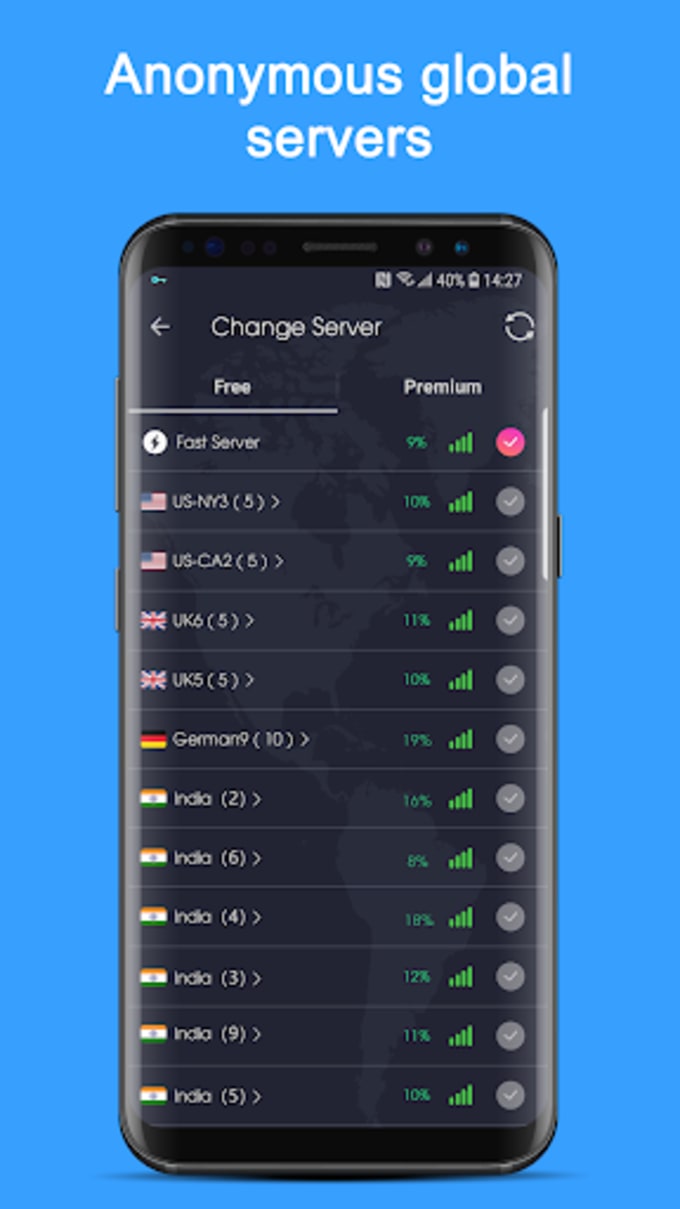

It’s standard practice for developers to use third-party libraries for common functionality. The results are apps that just don’t do enough to earn user trust. The presence of such permissions and risky functions is also often a sign of a development process where corners have been cut and user privacy was low on the list of priorities. What’s even more disturbing however is when location-based permissions and functionality are used to geo-target ads to users with an active VPN connection – which is not a practice with which many consumers would be comfortable. Some facilitate the aggressive advertising keeping these apps “free” for example. The mere presence of some of these intrusive permissions or risky functions may not be necessarily malicious but equally neither does that mean they are typically benign. Our findings on risky permissions and functions, however, need to be placed in proper context as they provide us with illuminating insight into the category of free apps as a whole. It’s clear, for example, that a DNS leak or network anomaly puts user privacy at risk. Many of our Risk Index findings are straightforward in what they reveal about individual free VPN apps. We also analyzed excessive app permissions. We tested for effective encryption, browser leaks, viruses and malware, dangerous app functions and behaviors, along with comprehensive network tests. To create this Index, we first identified the top 150 free VPN apps by total installs. If you need to know more about Virtual Private Networks, read our guide to understanding VPNs first.
#Flashvpn free vpn proxy apk android#
Our study focuses on the technical performance of free Android VPN apps available on Google Play. We have created this Free VPN Risk Index to help users avoid using potentially unsafe free VPN apps that compromise their privacy and security.


 0 kommentar(er)
0 kommentar(er)
